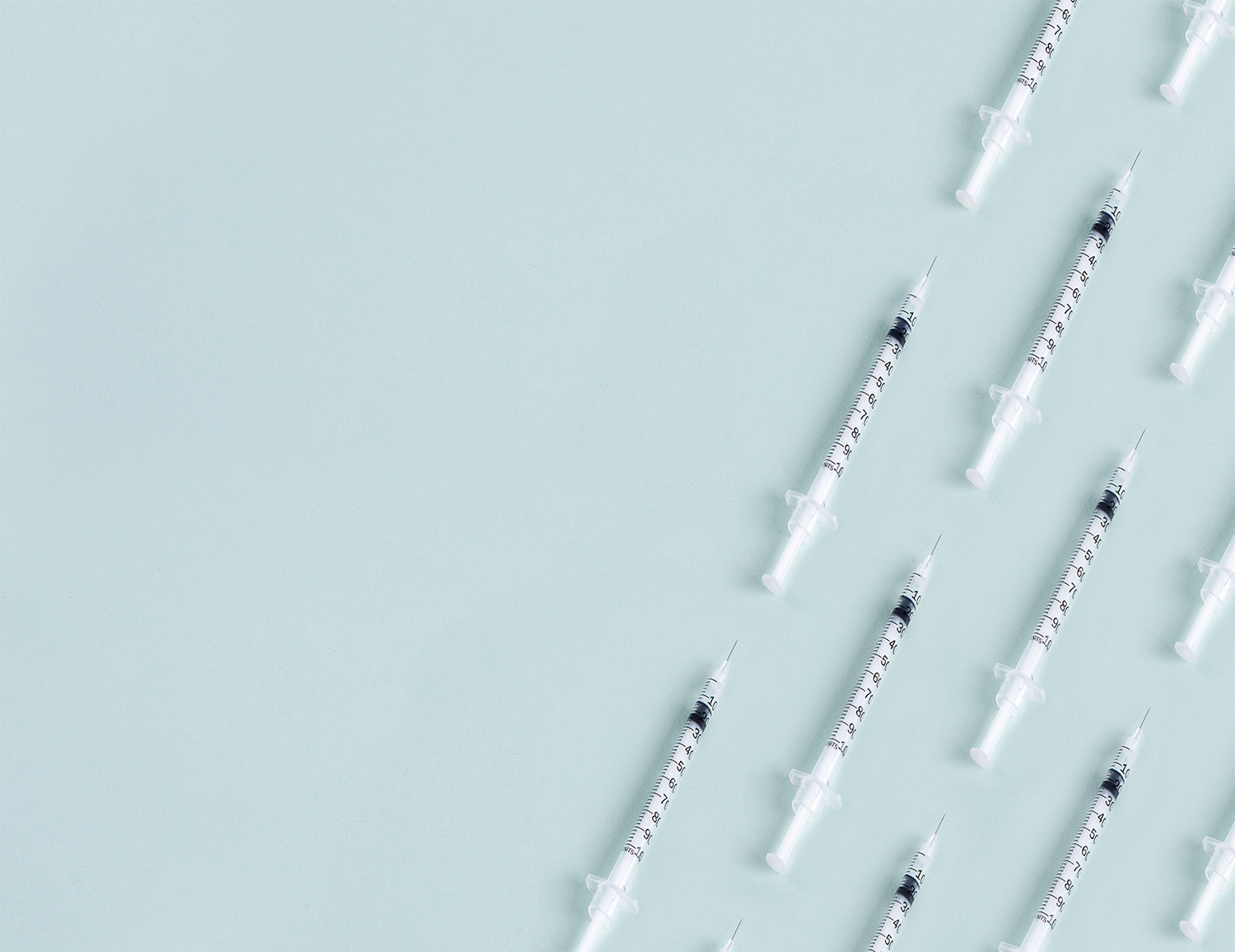Many Solid Tumor Patients Develop Antibodies After COVID-19 Vaccination
While some immunosuppressed people do not respond as well to COVID-19 vaccines as people without cancer, evidence is growing that many people undergoing treatment for solid tumors mount an antibody response to vaccination. A study published May 28 in JAMA Oncology found that 92 out of 102 people with solid tumors who were currently receiving intravenous cancer treatment and who received two doses of the Pfizer-BioNTech COVID-19 vaccine tested positive for antibodies against the coronavirus. All 78 family members and caregivers without cancer who participated in the study mounted antibody responses to the vaccine. The people with cancer had a lower median level of antibodies than the people without cancer. Receiving a combination of chemotherapy and immunotherapy was associated with reduced antibody levels. “The findings of this study suggest that patients with cancer who are receiving active treatment and are at higher risk for severe COVID-19 disease respond well to messenger RNA SARS-CoV-2 vaccines and that vaccination of these patients should be seriously considered,” the researchers wrote. However, they noted that it is unknown how antibody levels correlate with protection from COVID-19 and that more research will be needed to understand how well cancer patients are protected by vaccination.
A Strategy to Reduce Cancer Incidence in Gay and Bisexual Men
Routinely giving human papillomavirus (HPV) vaccines in a school setting regardless of gender appears to later reduce the rate of infection with high-risk HPV subtypes in gay and bisexual men, according to a study published May 24 in the Lancet Infectious Diseases. Researchers in Australia studied a group of 400 gay and bisexual men with a median age of 19. Half of men went to school in a period when HPV vaccines were offered to all students, while the other half went to school before the implementation of this program. The researchers tested anal, penile and oral samples from the men for HPV. They found that 28% of the group who didn’t have access to the routine HPV vaccination program harbored anal HPV strains that the vaccines would have protected against, compared to 7% of those in the post-vaccination group. Four percent of the older cohort had vaccine-preventable oral HPV, compared to 1% of the later group, and 12% of the older group had vaccine-preventable penile HPV, compared to 6% of the later group. “Australia has a very successful HPV vaccination program for both boys and girls with high vaccine coverage,” said study co-author Eric Chow of Monash University in Melbourne in a press release. “The vaccine is effective in reducing HPV-related diseases and showing some promising evidence that this may lead to a reduction in HPV-related cancer in the future.”
Targeting a Rare Form of Lung Cancer
The Food and Drug Administration on May 21 approved Rybrevant (amivantamab-vmjw) for treatment of people with advanced non-small lung cancer (NSCLC) with a certain type of EGFR mutation whose cancer has progressed after starting platinum-containing chemotherapy. Cancer cells with these mutations, called EGFR exon 20 insertions, are difficult to target using treatments that are effective for cancers with more common types of EGFR mutations. These EGFR exon 20 mutations occur in 2% to 3% of people with NSCLC. Rybrevant is a bispecific antibody that targets both the EGFR protein and the MET protein, which is also often altered in NSCLC cells. “Today’s FDA approval is an important development for people living with non-small cell lung cancer with exon 20 insertion mutations who, until now, have had no approved treatment options to target their disease,” said patient advocate Jill Feldman, who is co-founder of the EGFR Resisters, in a press release.
Cancer Today magazine is free to cancer patients, survivors and caregivers who live in the U.S. Subscribe here to receive four issues per year.





